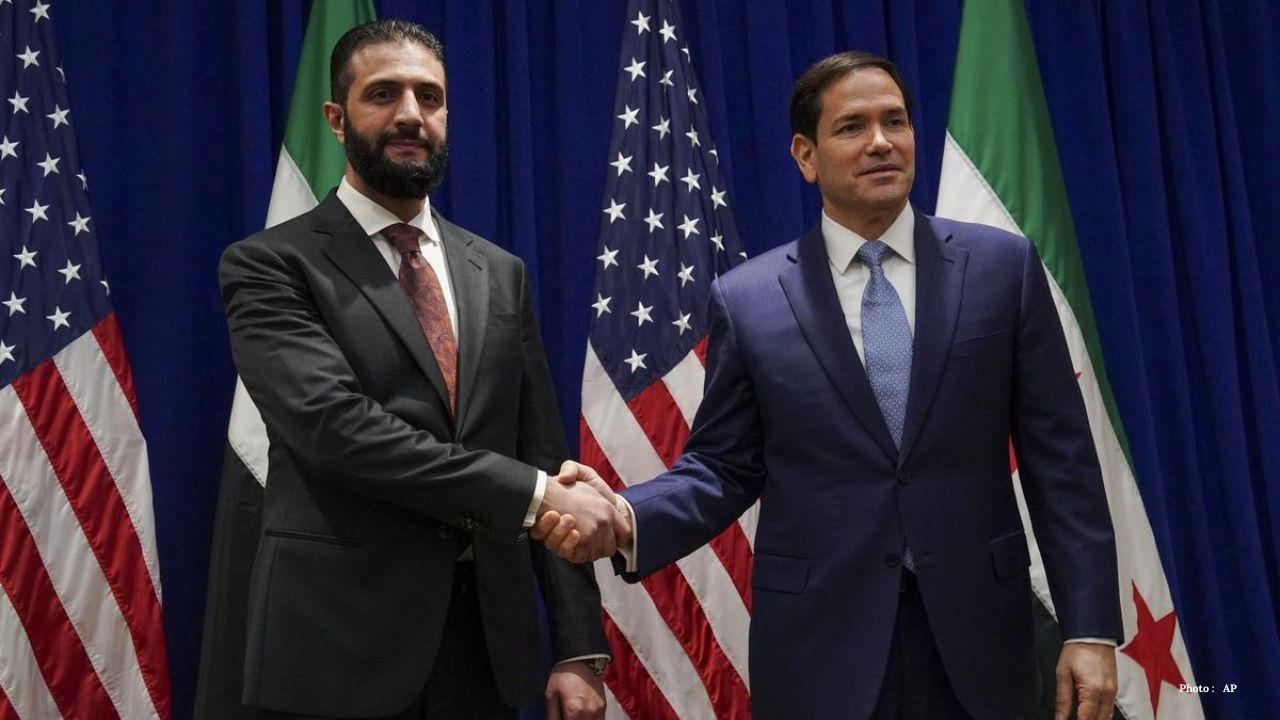
Post by :
Syrian President Ahmad al-Sharaa met with United States Secretary of State Marco Rubio on Monday, September 22, 2025, in New York, in what has become one of the most important political steps for the country in decades. His visit marked Syria’s first high-level participation at the United Nations General Assembly in almost sixty years, breaking a long period of isolation that began under the Assad family’s rule. The last Syrian leader to attend such a gathering was in 1967, before the Assad dynasty came to power and before a civil war destroyed much of the nation.
Ahmad al-Sharaa became president after a sudden and powerful uprising removed Bashar al-Assad from power in December 2024. That victory ended nearly fourteen years of civil war that had caused terrible destruction across Syria, forced millions of people to leave their homes, and left the country almost cut off from the rest of the world. Al-Sharaa’s rise to power was not without controversy, as he had previously led the rebel group Hayat Tahrir al-Sham, once connected to al-Qaida. For years, this group was listed by the United States and other countries as a terrorist organization. Because of this history, many in the West were cautious when he first took office, wondering whether he could truly change Syria’s direction.
Things shifted when al-Sharaa began reaching out to rebuild relationships with Arab nations and Western powers. His government opened talks, invited foreign delegations, and presented itself as a leadership ready to move away from years of conflict. In a major move, the administration of Donald Trump removed Hayat Tahrir al-Sham from its terror list and lifted many of the sanctions that had crushed Syria’s economy. Washington explained that these steps were meant to give Syria a chance to rebuild and become a stable country after decades of war and global isolation.
The meeting in New York between Rubio and al-Sharaa focused on sensitive topics. They spoke about cooperation on counterterrorism, ongoing efforts to find missing American citizens, and the possibility of a new security arrangement involving Syria and Israel. Rubio described the moment as an opportunity for Syria to prove itself as a sovereign and stable nation. He also made it clear that the United States expected progress, not just promises.
One of the most difficult points in their conversation was Syria’s position on Israel. In recent years, several Arab states, including the United Arab Emirates, Bahrain, and Morocco, signed agreements with Israel under the Abraham Accords, normalizing relations. But al-Sharaa said Syria would not join those accords. He explained that Syria’s situation is unique because it directly borders Israel and has suffered more than one thousand Israeli strikes, raids, and incursions during the conflict years. He said that while Syria is in talks with Israel and the United States about a possible security deal, it would not sign the Abraham Accords in the same way as countries that are not neighbors of Israel. He mentioned instead that Syria is looking at returning to the truce of 1974, which helped maintain a fragile peace after earlier wars.
Al-Sharaa also appeared at the Concordia Annual Summit, a global affairs forum in New York, where he spoke publicly about Syria’s new direction. In a remarkable moment, he shared the stage with retired American General David Petraeus, who had once fought against insurgent groups like the one al-Sharaa led. Two decades earlier, Petraeus had commanded American troops in Iraq while al-Sharaa was an imprisoned militant under U.S. custody. Their meeting showed just how much the situation had changed. Both men, once bitter enemies, now discussed peace, stability, and rebuilding.
At the same event, al-Sharaa praised Donald Trump for lifting sanctions, calling it a bold and historic decision. He argued that the Syrian people deserve another chance to rebuild their lives. However, some restrictions remain, and for this very UN visit, Washington had to waive long-standing visa bans from the Assad era so that al-Sharaa and his delegation could attend.
In his speeches, al-Sharaa repeatedly called for all sanctions to be removed. He said that the war had already destroyed his country and killed countless Syrians, and that sanctions only make life harder for ordinary people. According to him, Syrians are hardworking and capable of rebuilding, but they need the world to stop punishing them with restrictions. He urged Washington and the international community to trust that Syria is entering a new era and should be supported rather than blocked.
When asked about reports of atrocities against minority groups in coastal areas and the southern province of Sweida, al-Sharaa admitted that there had been chaos during the war. He said everyone had made mistakes and that it was impossible to control everything during such a long conflict. However, he pointed out that his government had now invited international fact-finding teams into Syria for the first time in sixty years, showing that they are ready for accountability and transparency. He promised that those responsible for crimes would face justice, even if they were close to him or his government.
Al-Sharaa’s presence in New York and his meetings with top American officials show that Syria is trying to reenter the world community. After years of being treated as a pariah state, the new leadership wants recognition, cooperation, and investment. For the Middle East, this shift could be significant. Syria has long been at the center of regional conflict, involving not only its own civil war but also battles between world powers like the United States, Russia, Iran, and Turkey. If al-Sharaa’s government truly delivers peace and accountability, Syria might finally move away from war and instability.
The coming weeks and months will be crucial. Talks with Israel may produce a new security deal. Sanctions could be reduced further if Syria proves its commitment to reform. Yet many observers remain cautious, remembering the violence of the past and questioning whether al-Sharaa can keep his promises. Still, his arrival at the UN, his meetings with American leaders, and his calls for peace mark a turning point for Syria. After six decades in the shadows, the country is once again visible on the world stage, and its future may depend on whether its new leadership can truly change course.
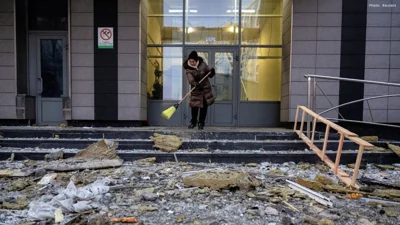

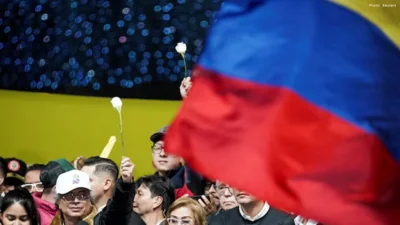
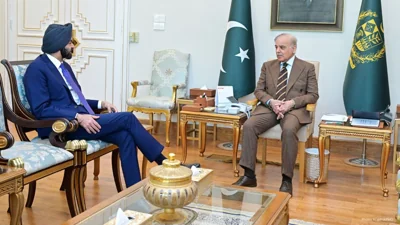

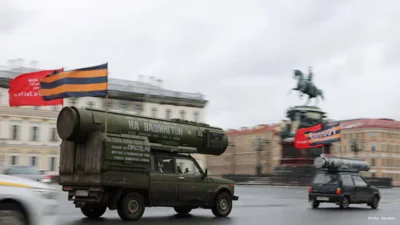
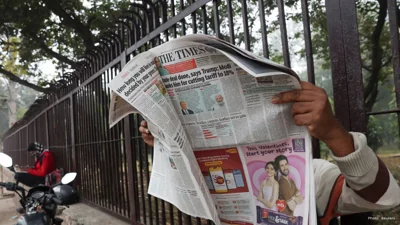
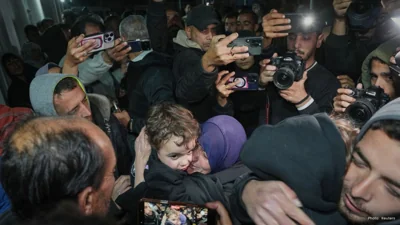


Mattel Revives Masters of the Universe Action Figures Ahead of Film Launch
Mattel is reintroducing Masters of the Universe figures in line with its upcoming film, tapping into

China Executes 11 Members of Criminal Clan Linked to Myanmar Scam
China has executed 11 criminals associated with the Ming family, known for major scams and human tra

US Issues Alarm to Iran as Military Forces Deploy in Gulf Region
With a significant military presence in the Gulf, Trump urges Iran to negotiate a nuclear deal or fa

Copper Prices Reach Unprecedented Highs Amid Geopolitical Turmoil
Copper prices soar to all-time highs as geopolitical tensions and a weakening dollar boost investor

New Zealand Secures First Win Against India, Triumph by 50 Runs
New Zealand won the 4th T20I against India by 50 runs in Vizag. Despite Dube's impressive 65, India

BTS Tour Sparks Global Demand: Mexico Appeals for Additional Shows
BTS' comeback tour creates immense demand in Mexico, prompting President Sheinbaum to urge more conc